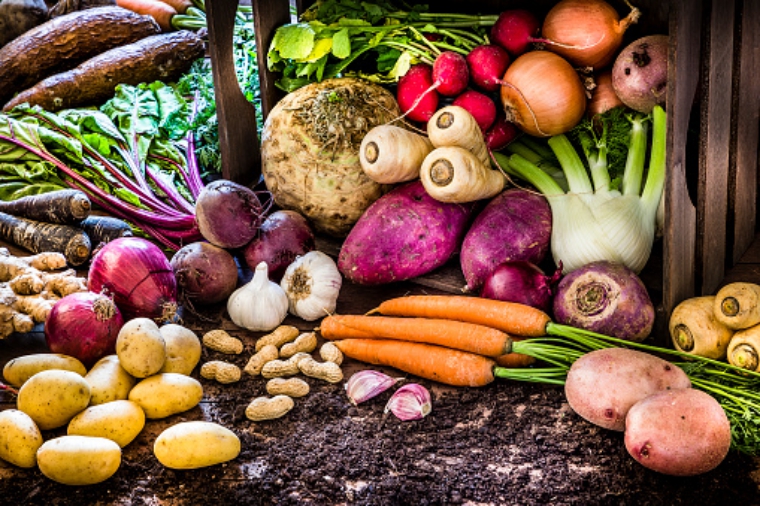This project seeks to initiate a transition of protein sources of the Garifuna people on the Island of Roatán (Honduras). Recognizing the pressures that ecosystems suffer from overfishing and livestock, this initiative lays the foundations for a new island diet based on vegetables.
For the protein transition, the recovery of tropical plants such as tomatoes, chili peppers, onion, lemon or different types of orange, essential in the diet of the Caribbean peoples, is important. Likewise, plants such as yucca, beans, avocado and corn will be the center of an island food sovereignty that respects the animals and the environment while claiming the gastronomic culture of the Garifuna people of Roatán.
This project is accompanied by a component of education of new Garifuna generations that guarantee in the future the sustainability of culture and ecosystems, recognizing artisanal fishing as part of a new island food system whose purpose is to plant food and strengthen home gardens.
Financial aid required: US 40.000.
Thanks to your donation, a new, sustainable food system will be started in the Caribbean.
You can donate to this project here:
- Alex Ávila
- The project promotes the care of nature and ecology | The project promotes gender equality | The project does not violate the rights of girls, boys and adolescents | The project does not incur animal abuse | The project is inclusive with the different ethnic identities | The project promotes work alternatives for the disabled population
- Five (5) complete families from the island of Roatán who will begin a process of training and adaptation for a first exercise of planting and pedagogy. These families will seek the self-sustainability of their home gardens, the awareness of their neighborhoods to initiate a long-range protein transition. In addition, the pedagogy days seek to reach at least 30% of the boys and girls in school on the island to carry out pedagogy around food sovereignty, animals protection and the rescue of the Garifuna culture.


